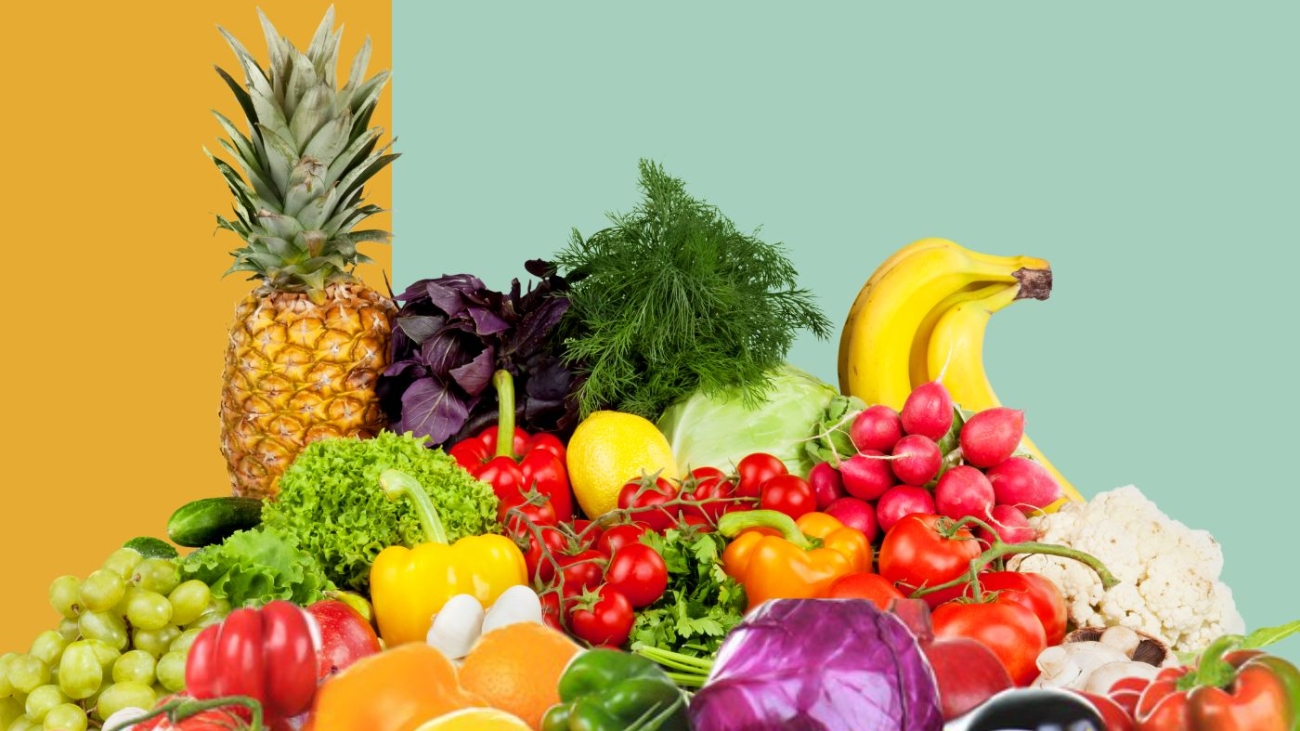Fruit and vegetables should be an important part of your daily diet. They are naturally good and contain vitamins and minerals that help keep you healthy. They can also help protect against some diseases. Most people will benefit from eating more fruit and vegetables as part of a well-balanced, healthy diet and an active lifestyle. There are many varieties of fruits and vegetables available and many ways to prepare, cook and serve them.
Fruit and vegetables are best bought when they are in season. You should eat at least 5 servings of vegetables and 2 servings of fruit each day. Choose different colours and varieties. If you don’t look forward to eating fruit or vegetables, start slowly with those you like. Try serving, flavouring or cooking them in different ways. You can also disguise them in sauces, minced meals or curries.
Vitamins and Minerals in Fruit and Vegetables
Fruits and vegetables contain many vitamins and minerals that are good for your health. Many of these are antioxidants, and may reduce the risk of many diseases:
- vitamin A (beta-carotene)
- vitamin C
- vitamin E
- magnesium
- zinc
- phosphorous
- folic acid
Folic acid may reduce blood levels of homocysteine, a substance that may be a risk factor for coronary heart disease. Research has shown that consuming these nutrients as food, including fruits and vegetables, is more beneficial for health than supplements.
Fruit and Vegetables for Good Health
Fruits and vegetables are low in fat, salt and sugar. They are a good source of dietary fibre, which can make you feel fuller for longer and prevent overconsumption of food. As part of a well-balanced, healthy diet and an active lifestyle, a high intake of fruit and vegetables can help you to:
- reduce obesity and maintain a healthy weight
- lower your cholesterol
- lower your blood pressure.
The World Health Organisation (WHO) recommends that adults eat at least 400g, or 5 portions, of fruit and vegetables (excluding potatoes, sweet potatoes and other starchy roots) per day to reduce the risk of disease. This amount of fruits and vegetables also ensures adequate fibre intake and can also reduce total sugar intake.

